The coronavirus outbreak has reduced passenger counts at Portland International Jetport to a fraction of their usual numbers, leaving the terminal and parking areas largely empty.
Rail stations and bus terminals in Maine have experienced similar declines over the span of less than a week.
Maine’s out-of-state transportation links are shriveling as air, rail and bus travelers avoid travel amid the coronavirus pandemic.
Most airlines are still flying in and out of Portland, but departing passengers have fallen by half in just a few days. The state’s only passenger rail and principal intercity bus company are dramatically cutting service and risking financial ruin.
On Tuesday, just 805 passengers went through airport security, according to figures provided by the jetport, a 65 percent decrease from the number of people screened on March 11, the day the World Health Organization declared a global pandemic.
Tuesday’s passenger count was down 70 percent from the same day last year, when 2,697 people went through security. The drop in passenger counts is a nationwide phenomenon as more people choose to forgo air travel.
“That is dramatic – that is unprecedented,” Airport Director Paul Bradbury said of the decline in passenger volume.
Despite the collapse in passengers, airlines are still running normal schedules for the time being, Bradbury said. Cape Air, which runs a shuttle service from Portland to Boston’s Logan International Airport, is the only airline that has suspended service until at least June 1.

Sarah Marshall, center, a teacher from Rumford, says goodbye to two exchange students whom she drove to the Portland International Jetport on Thursday. Marshall said one whom she hosted was being sent home to Poland, where both of her parents are in isolation. The other student was going home to the Netherlands. Derek Davis/Staff Photographer Buy this Photo
But most planes are flying half-full or less, and the situation is changing by the day and hour, Bradbury said.
“Hundreds of people are still boarding and thousands of people are passing through daily,” Bradbury said. “It is not a ghost town – for a variety of reasons people still have to travel.”
Food service at the airport has been limited to takeout only at three airport restaurants. The jetport is running on a skeleton crew, with two-thirds of its 60-person workforce on paid administrative leave and the rest working remotely or on reduced shifts.
Parking fees and other revenue have been hit hard by the reduction in traffic. Parking is the the jetport’s biggest revenue source, and March, April and May are the biggest months of the year for paid parking.
Bradbury expects revenue will drop by at least two-thirds, and that the jetport, which is owned by the city of Portland, will lose $2 million in parking revenue alone.

There were empty lanes where there would typically be passengers lined up at the gate for departures at the Portland International Jetport on Thursday. Derek Davis/Staff Photographer Buy this Photo
“Obviously, this will be a significant reduction,” he said. “That said, the airport has significant cash reserves, and we will continue to service and meet the travel needs of passengers.”
The jetport will remain in service to meet the needs of users, including LifeFlight and other emergency responders, Bradbury said.
“We are an essential service,” he said. “We will stay operationally available 24 hours a day, seven days a week, 365 days a year, even if commercial scheduled service reduces to zero.”
Concord Coach Lines, which connects 17 towns and cities across the state to Boston’s South Station and Logan International Airport, will reduce service to just eight daily round trips between Portland and Boston – down from its current schedule of 28 round trips a day. It will have just one daily round-trip voyage between Bangor and Boston with stops in Augusta, Auburn and Portland.
Most stations will be closed or operating on reduced hours.
In 2018, Concord Coach Lines carried 640,000 passengers a year and is a broadly popular service in Maine and New Hampshire, regarded as a model for intercity buses across the United States.
In the past two weeks, there has been an 80 percent drop-off in passenger volume, said Concord Vice President Benjamin Blunt. Some runs have had only one or two riders on board. Some buses have made the trip empty.

A traveler picks up a boarding pass from Frontier Airlines at the Portland International Jetport on Thursday. Most airlines are still flying in and out of Portland, but the number of departing passengers has fallen by half in just a few days. Derek Davis/Staff Photographer Buy this Photo
“In the first seven days of March we were down 8 percent – since then it has been down 5 percent every day to this point,” Blunt said. “It has been a steep, quick decline.”
With a dramatic fall in ticket sales, the company was forced to lay off 10 percent of its drivers. For the time being, remaining staff are being paid a minimum guaranteed wage even if they have little work to do, Blunt said.
The American Bus Association this week estimated that the economic crisis triggered by the coronavirus pandemic could cost the industry $8 billion and threaten 100,000 jobs.
“We are projecting forward; we think if it lasts six or eight weeks we could come out the other side of this,” Blunt said. “We don’t expect the clouds are going to part and all of a sudden we are going to be where we were in mid-February.”
The Amtrak Downeaster passenger rail service was coming off its best January and February ridership on record when the pandemic hit. This weekend it will reduce its now-limited service further, offering just two round trips a day between Brunswick and Boston until at least March 27.
It has closed most stations except for Portland to the public, taken a passenger car off each run and enhanced cleaning protocols, said Patricia Quinn, executive director of the Northern New England Passenger Rail Authority.
“Every day is something different. We are trying to maintain a lifeline to people who need to get around and do it as cautiously as we can,” Quinn said.
Daily ridership in March is typically about 1,500, Quinn said. Starting last weekend it dropped to 400 passengers a day, and just 120 on Wednesday. The busiest train that day had only 35 riders – 13 percent of its seats.
Amtrak has curtailed service on 12 routes, including a 40 percent service reduction in the heavily traveled Northeast Corridor between Boston and Washington, D.C. Four other routes have been suspended entirely.
It is too early to know what permanent disruption, if any, the financial hit has caused to the Downeaster, but it will likely be devastating, Quinn said. She is waiting for news of federal financial assistance to repair the damage.
“Transportation is important, and it is going to be important once this is over, too,” she said. “We are looking at this as a moment in time and hopefully we can get through it like everyone else and be in a position to pick back up and move forward when it is over.”
Copy the Story LinkSend questions/comments to the editors.


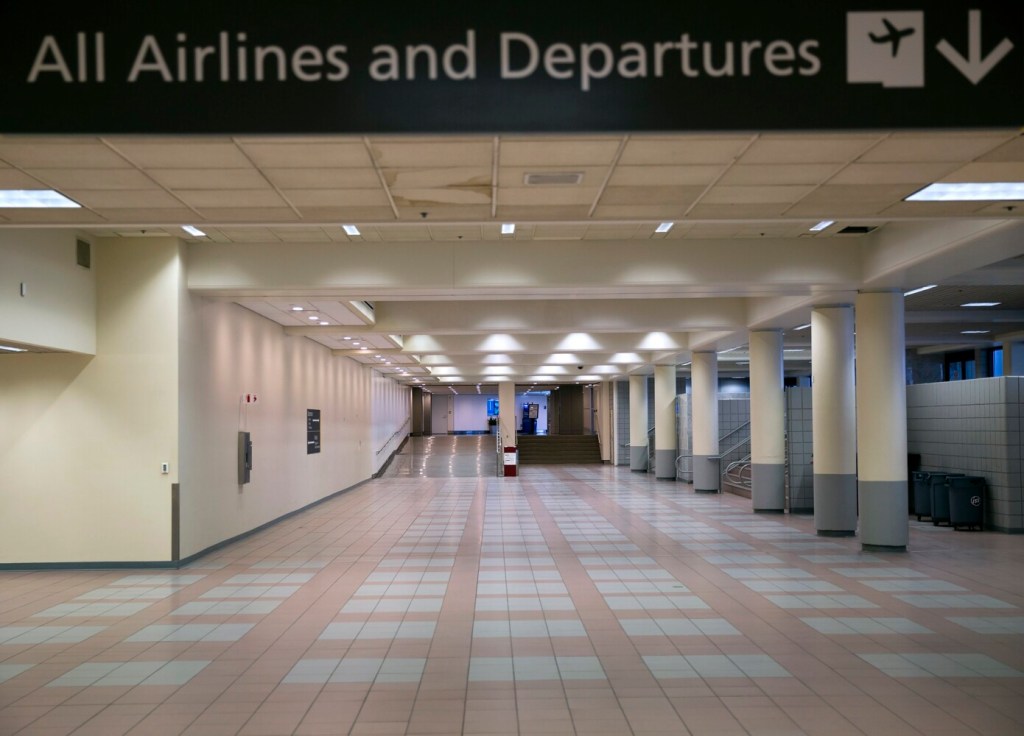
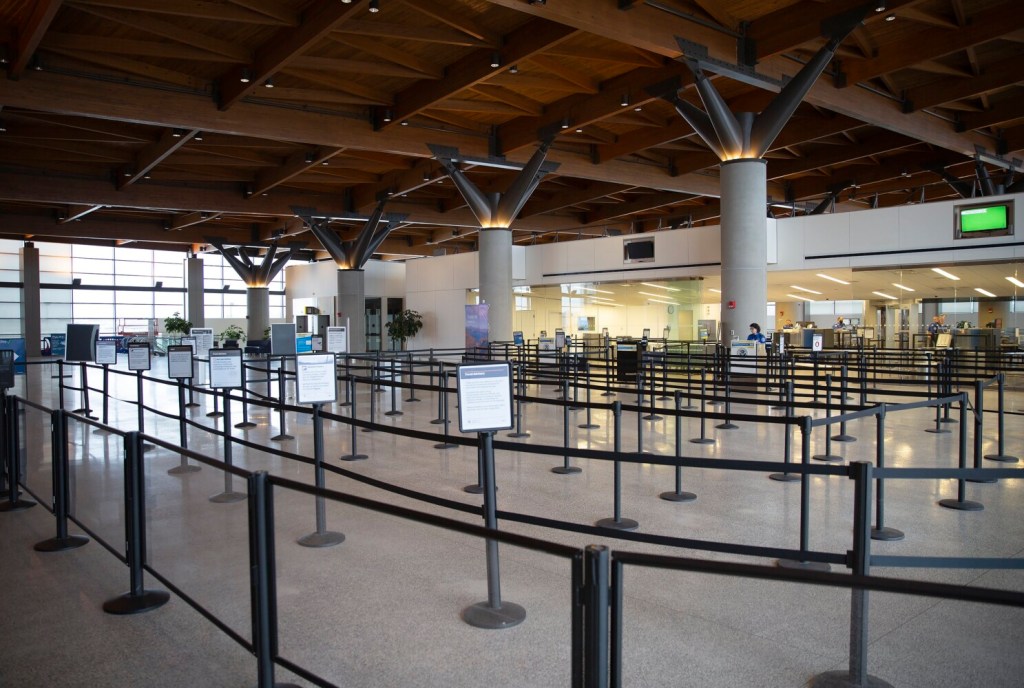
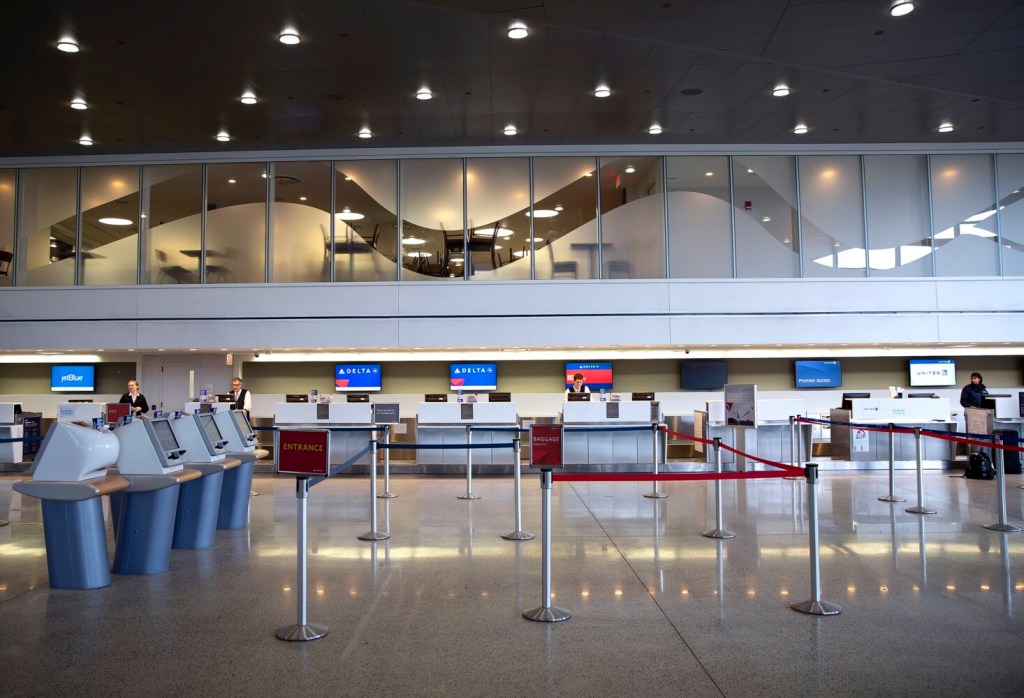
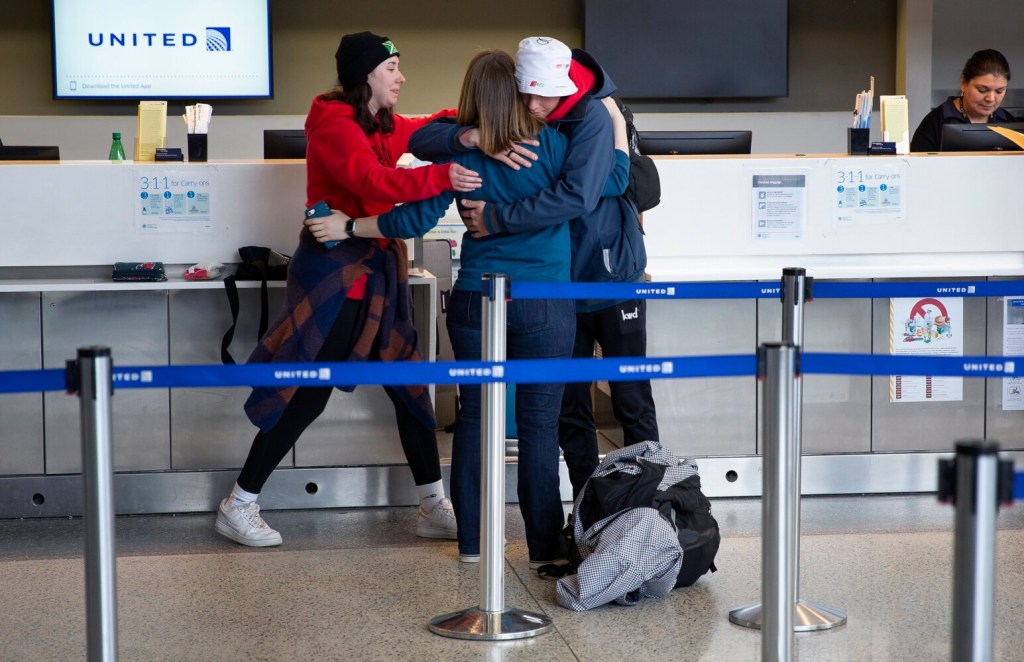
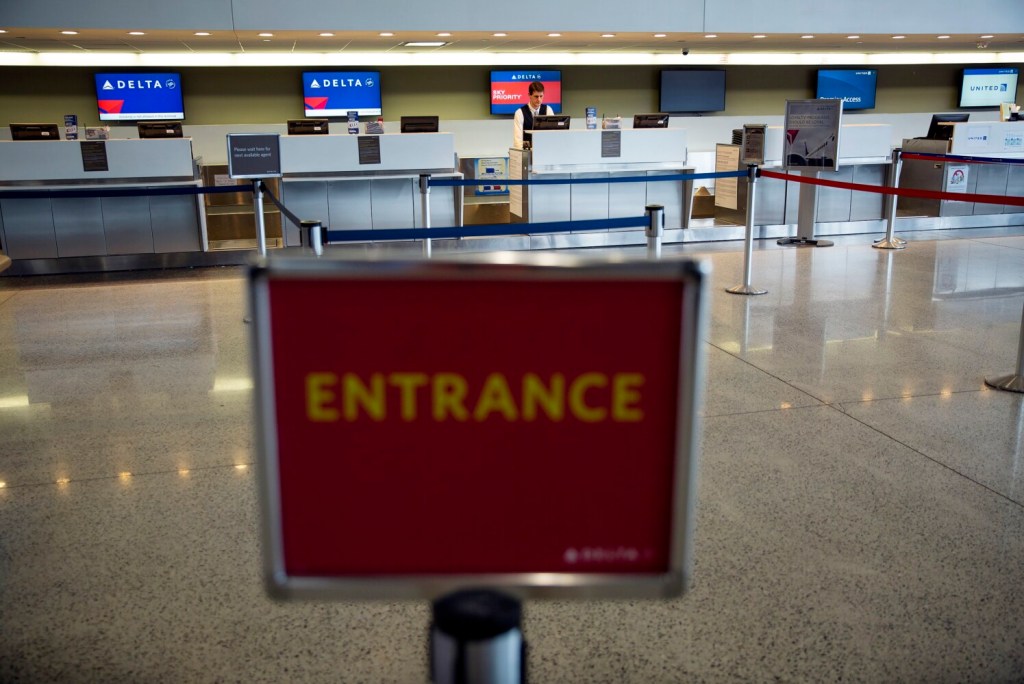
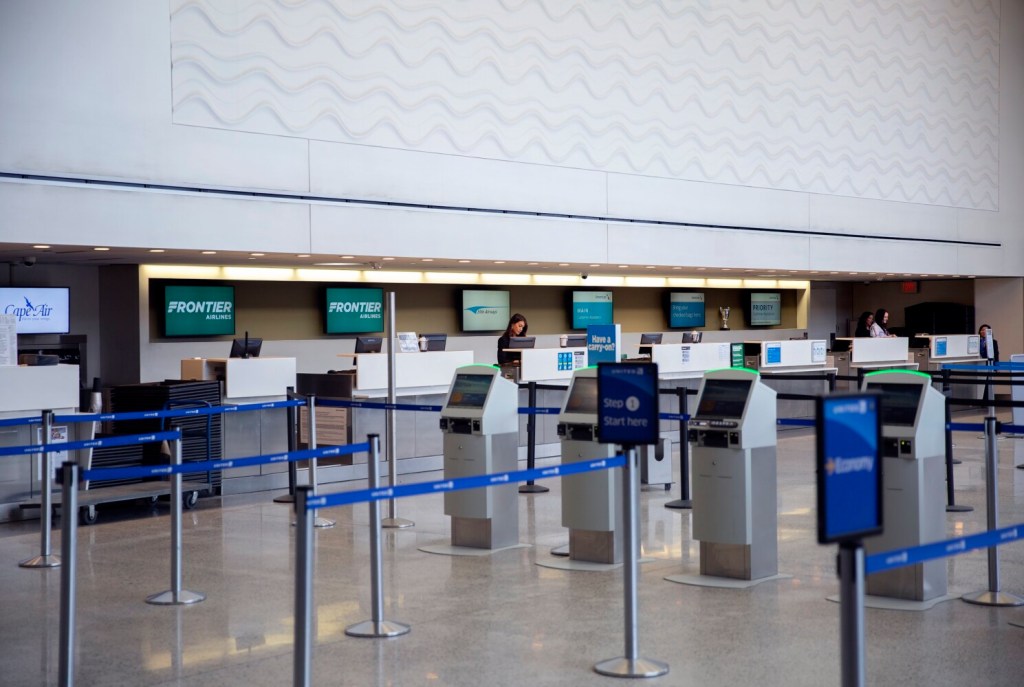
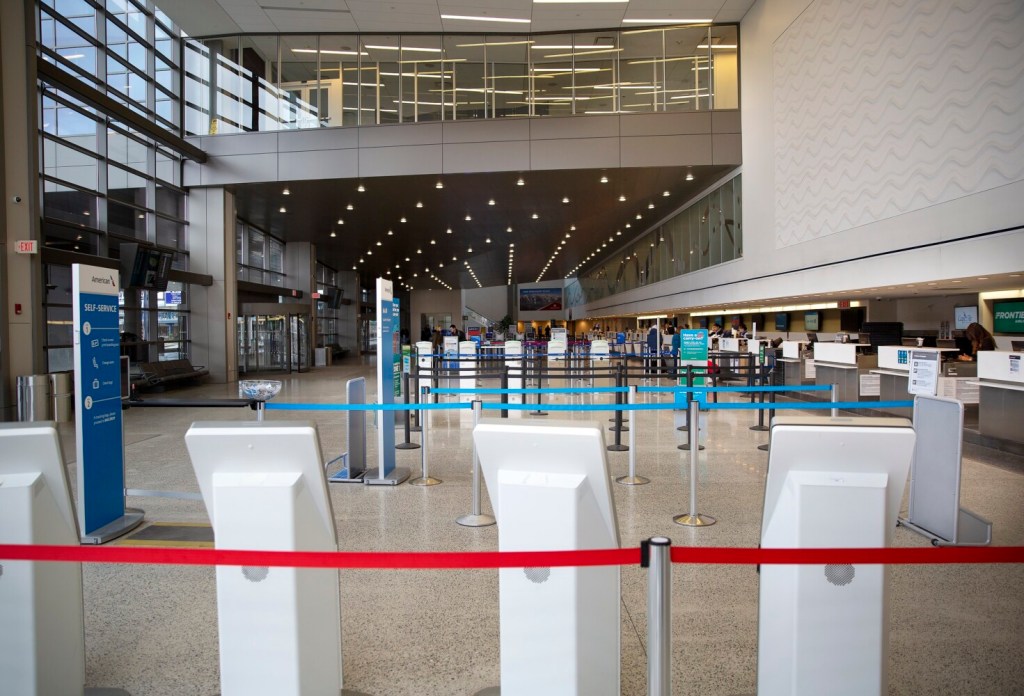
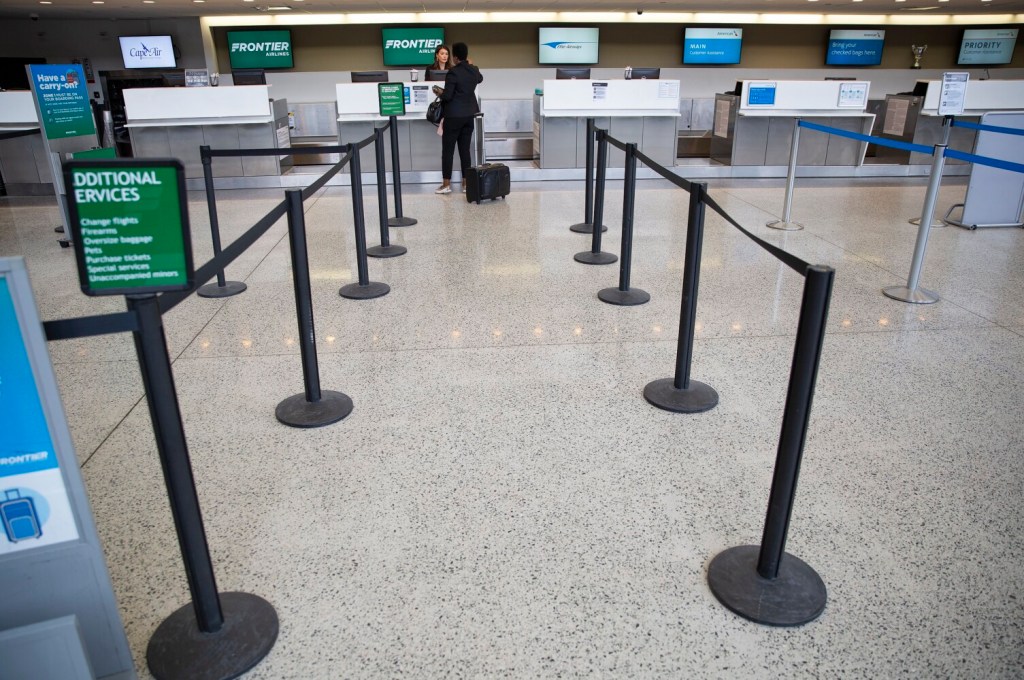
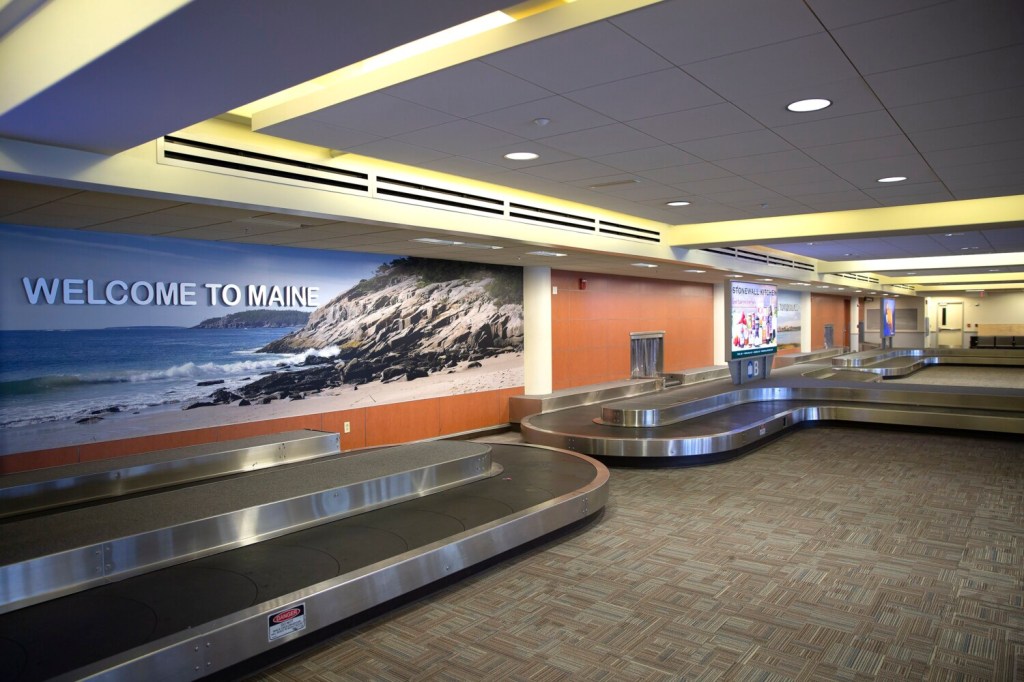

Success. Please wait for the page to reload. If the page does not reload within 5 seconds, please refresh the page.
Enter your email and password to access comments.
Hi, to comment on stories you must . This profile is in addition to your subscription and website login.
Already have a commenting profile? .
Invalid username/password.
Please check your email to confirm and complete your registration.
Only subscribers are eligible to post comments. Please subscribe or login first for digital access. Here’s why.
Use the form below to reset your password. When you've submitted your account email, we will send an email with a reset code.